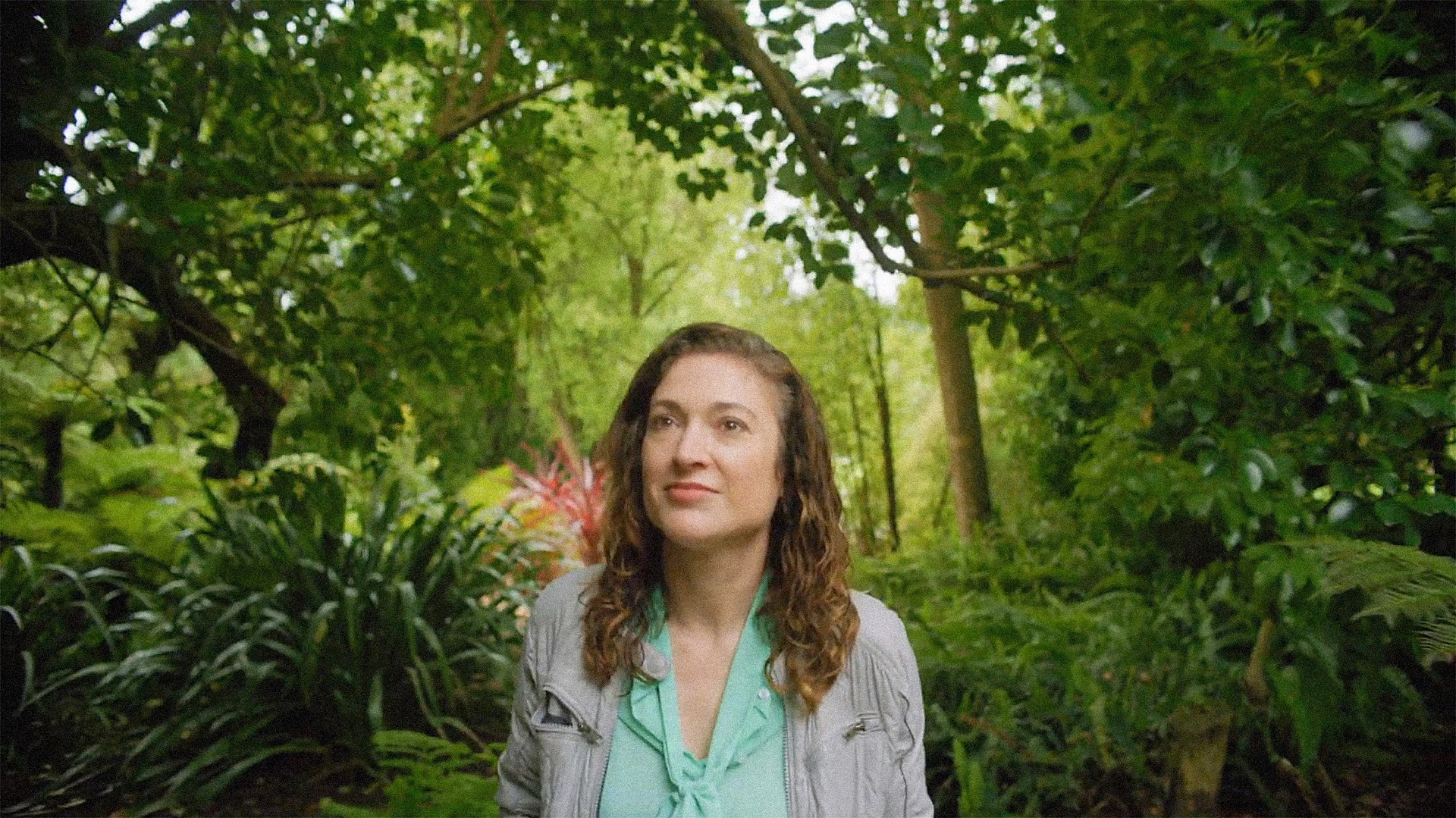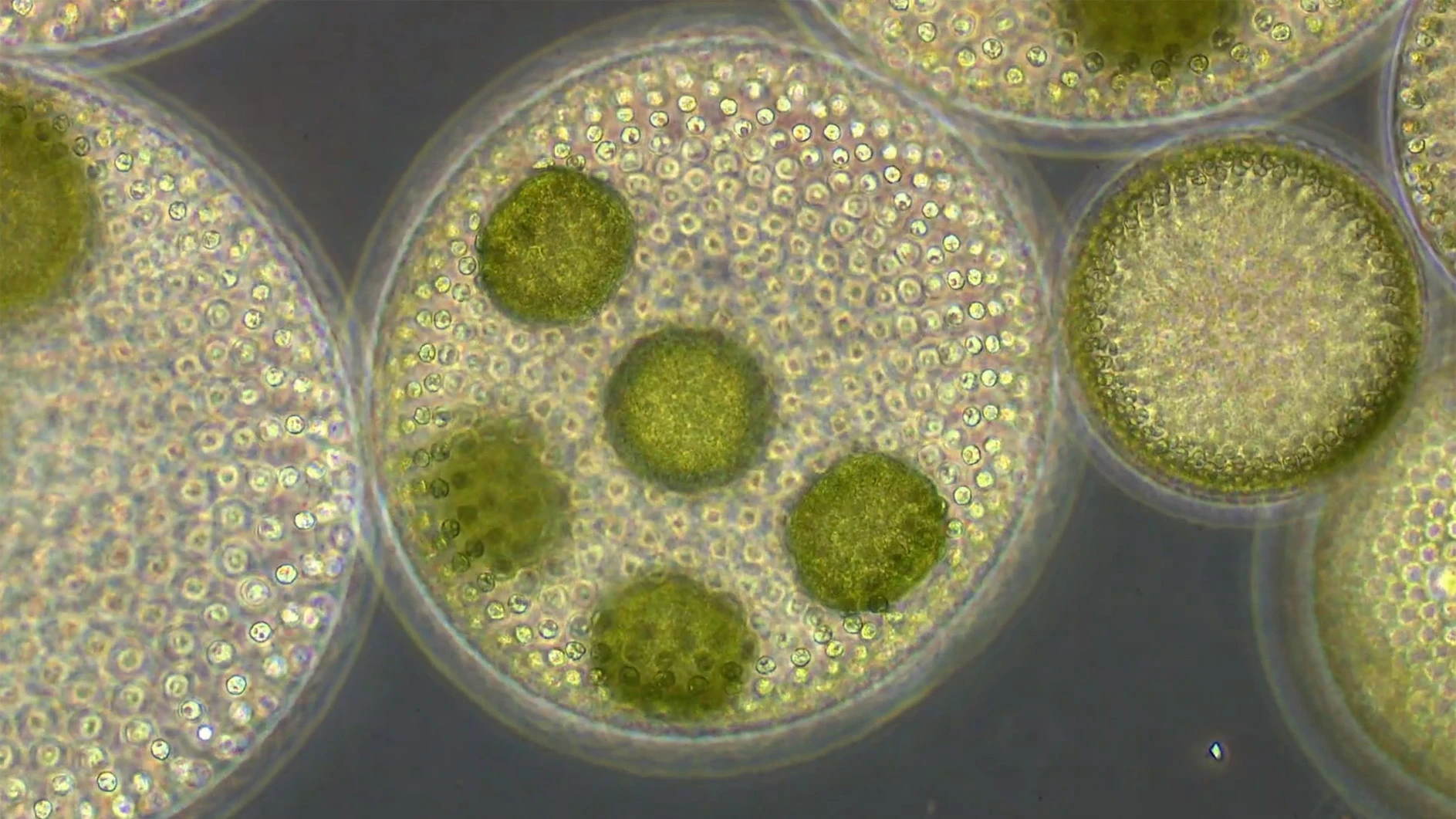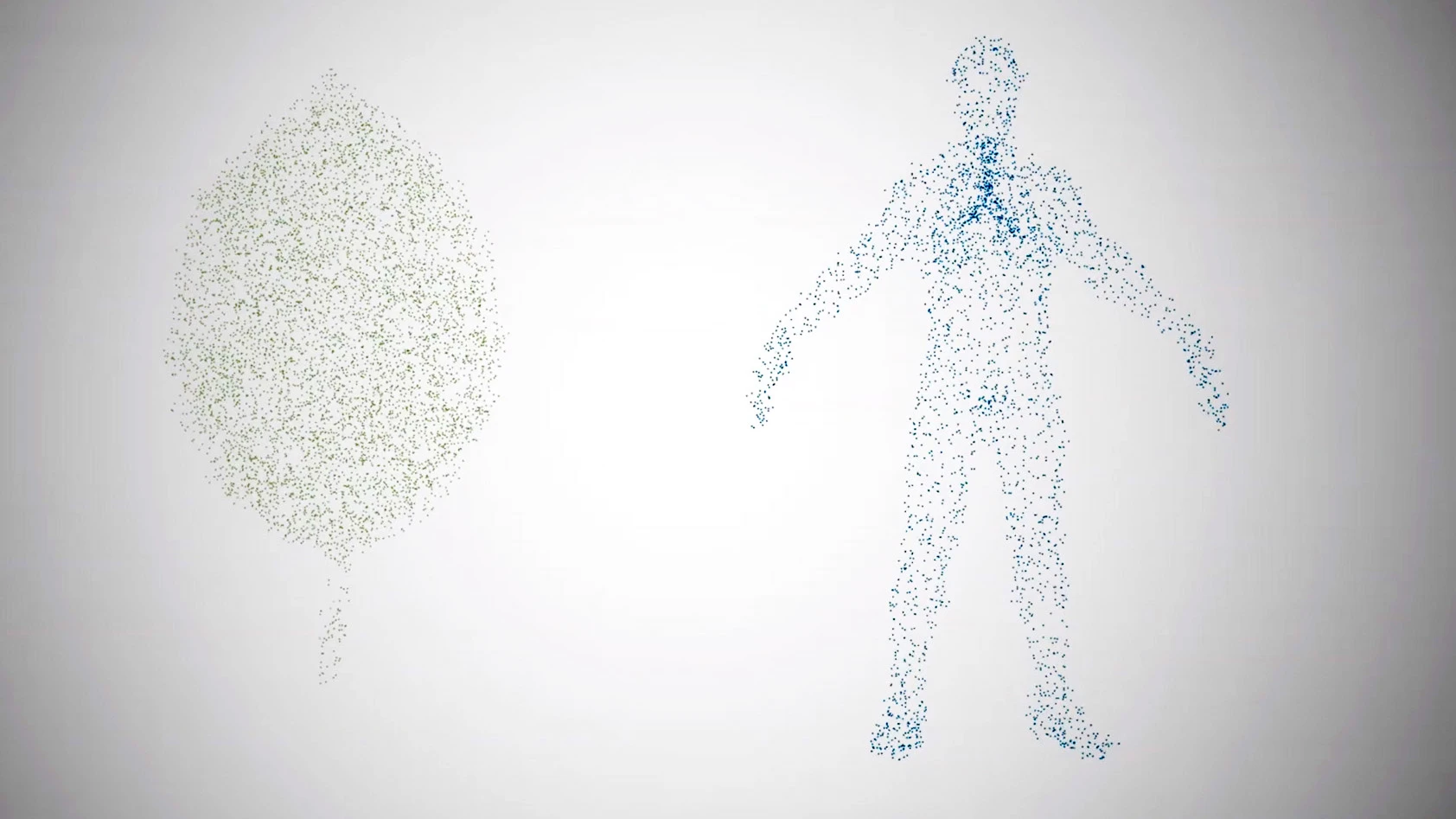Inside the San Francisco lab of a biotech startup called Brightseed, computers are analyzing thousands of compounds in tiny samples of plants and searching for new samples of what it calls “supernutrients”—natural compounds that can later be harvested and added to food to help improve health.
“We can actually translate food into medicine,” says Sofia Elizondo, cofounder and COO at Brightseed. “We know what it takes to grow things that are clinically proven to be more nutritious for a very specific health outcome. And in doing so, we hope to not only turn the healthcare paradigm on its head—to full-on prevention through what we eat—but also reinvigorate the entire supply chain.”

But beyond a basic understanding of what makes some foods healthy, relatively little is known about most of the edible plant kingdom. The company aims to quickly expand knowledge at a time when a poor diet is now the world’s leading risk factor for premature death. While Big Pharma spends billions each year on R&D for new drugs, the startup wants to use similarly advanced tech to find nutrients that can be used as preventative medicine by the food industry.

This fall, the first product will come to market: a micronutrient that’s found in a common spice (the company won’t say which), but in such small quantities that it wouldn’t have an effect as the spice is normally eaten. The nutrient boosts the liver in helping the body metabolize fat, the company says. As with the rest of its research, it discovered the nutrient by training its AI models on decades of biomedical research. When the AI predicts that a nutrient will have a particular health impact, Brightseed then runs clinical trials to prove that it works. Then it develops processes to harvest the nutrient from plants and license the ingredient to brands that want to use it in foods and drinks.
AI helps accelerate research that has traditionally been slow and expensive. “Using those [older] processes we’ve been able to comprehend about 100,000 plant molecules, and the plant kingdom has 10 million or even 100 million plant molecules,” says Elizondo. “So trying to reach the vast boundary of 10 million is really an intractable problem. It would take us 50,000 years to address it. Brightseed essentially digitalizes the search for these micronutrients.”

As it identifies key nutrients, the company also studies what it takes for plants to best express those nutrients. “We start at the farm,” she says. “We start at the agricultural supply chain, and we’re able to understand the differences that soil has in nutritional content and the differences that different geographies or latitudes have on the nutritional content of specific plant sources.” Similarly, the company’s platform can discover issues later in the supply chain where nutrients are being lost before they reach consumers.
“It’s about changing what the food system is optimizing for,” says Elizondo. “The food system today optimizes for produce looking beautiful. And for produce, making sure that it survives the journey and the shelf life that it needs to. It has never been optimizing for health . . . we want to shift that paradigm.”
The food industry, she says, is increasingly interested in health. Nestlé, for example, owns Nestlé Health Science, a company that invests heavily in nutrition research. One of Brightseed’s early customers is the food giant Danone. One in five premature deaths is attributable to diet, and a recent Lancet study found that eating plant-based foods is the most important lever for improving health; this puts the food industry in a unique position to impact lives. “Really, the opportunity to bestow health and longevity to billions worldwide is not in the hands of the healthcare industry, it’s in the hands of the food industry,” Elizondo says.
Correction: The caption on the photo previously misidentified Sasha Marks. We regret the error.
Recognize your brand’s excellence by applying to this year’s Brands That Matter Awards before the early-rate deadline, May 3.